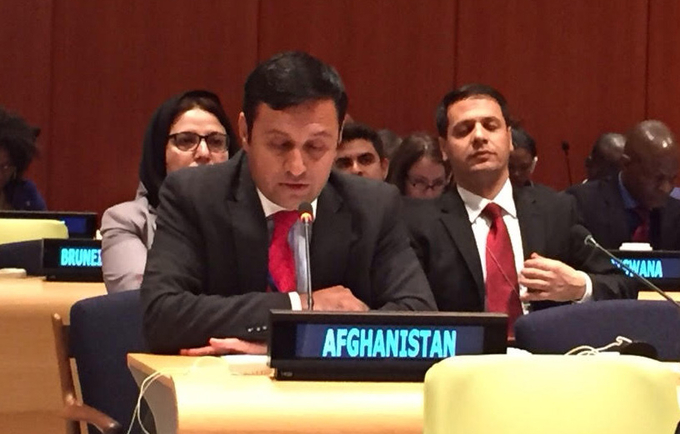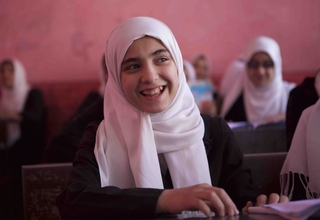The High-level event celebrated in New York on the 1st of June 2015 provided an opportunity for Member States and stakeholders to evaluate investments needed to reap the demographic dividend, including through employment opportunities for young people.
The concept of "demographic dividend" was conceived following the United Nations International Conference on Population and Development (ICPD) held in Cairo in 1994. It came at a time when the world was focusing on the interplay between population structure changes, economic growth and development. The demographic contribution to accelerating economic growth became known as the demographic dividend.
The demographic dividend can be realized through three steps:
First, improvements in health status, especially of women and children, contribute to a decrease in the number of children born to each family. Improved child survival combined with fewer children, leads to a bulge - or increase - in the population's successive contingent.
If all three steps are successful and timed well, a first dividend is produced as a large youthful population moves into highly productive jobs boosting the family and national income.
The event consisted of a high level opening plenary, two high level interactive panel discussions, and a closing plenary.
The Government of the Islamic Republic of Afghanistan was represented by Hanif Ahmadzai, Deputy Director of the UN & International Conferences Department from the Ministry of Foreign Affairs, who addressed the General Assembly during the event.



